However, for many fat acceptance writers and activists, body positivity has failed in one critical way: Fat and marginalized bodies are no longer at the center of the conversation.
It culminated in the creation of the National Association to Advance Fat Acceptance, an organization that combats size discrimination.
Size determines many life outcomes, including work promotions and wages. The Council on Size and Weight Discrimination found that plus-size workers are paid $1.25 less an hour than average-size workers, which could lead to a loss of around $100,000 over the course a career. Additionally, women of size make 6% less than thinner women, and also receive fewer raises.
However, Ospina said that the current iteration of body positivity has lost its focus.
“Mainstream media’s coverage of body positivity has had a huge focus on fashion, I think,” she said. “In some ways, the activism feels reduced to bettering clothing options for plus bodies. It’s a noble and important goal. But the activism was always supposed to be about more than that.”
“For a movement that claims to be diverse, it seems to focus more on the exposure of conventially attractive ‘small-fat/chubby’ white women,” Yeboah said.
Corissa Enneking, a fat acceptance blogger, agrees. She said body positivity has lost its edge and its focus.
“As the movement has grown in popularity, the voices and values within it have changed to reflect a less radical and progressive view of bodies, and fat acceptance is not longer a huge part of it,” she said.
Yeboah agrees. She said that body positivity is far too mainstream to be reclaimed. That’s why she’s chosen to ditch body positivity in favor of fat positivity.
“I personally feel that the body positivity movement is too far gone and too mainstream to be reclaimed, so using #FatPositivity hashtags using the words ‘fat’ as opposed to ‘body’ when talking about positivity seems to be the way to go,” she said.
“I don’t really think mainstream ‘body positivity’ is a tagline associated with activism at all. The idea of ‘all bodies are good bodies’ is at the core of it. Which, obviously, all bodies are good bodies! But the focus is no longer on the people who need it most: On the ones that society, by and large, does not treat as good.”
To fix this, Your Fat Friend said that focusing the movement back on those who have “borne the brunt of broad negative attitudes,” like people with disabilities, fat people, trans people, and people of color, is important. It also requires removing the focus from the concept of fat-shaming, according to Your Fat Friend:
“Fat people are hired less, paid less, have poorer access to medical care, are intensely ostracized in all forms of media,” Ruttler said. “We need to specifically name the stigma and hatred that puts us in that position, not have it erased by thin women who want a piece of the action without having to deal with any of the stigma.”
That’s what fat activists are often fighting for, according to Your Fat Friend, a fat acceptance writer.
“Policy changes are absolutely a concern for fat activists,” they said. “In the vast majority of the US, it is perfectly legal to deny someone a job or a place to live because they are fat. Some doctors set weight limits on the patients they will agree to treat. Airlines can refuse to seat us, even as they continue to reduce the size of their seats.”
Your Fat Friend is right: Currently, Michigan is the only state that prohibits discrimination on the basis of weight or size. Expanding those legal protections matter to fat acceptance activists.
“I’m constantly saddened by the watered down nature of mainstream body politics, but I refuse to stop using the term ‘body positive’ because I don’t want fat bodies to be on the fringe of this movement,” she said. “Fat acceptance is inherent to body positivity and I won’t let people forget that.

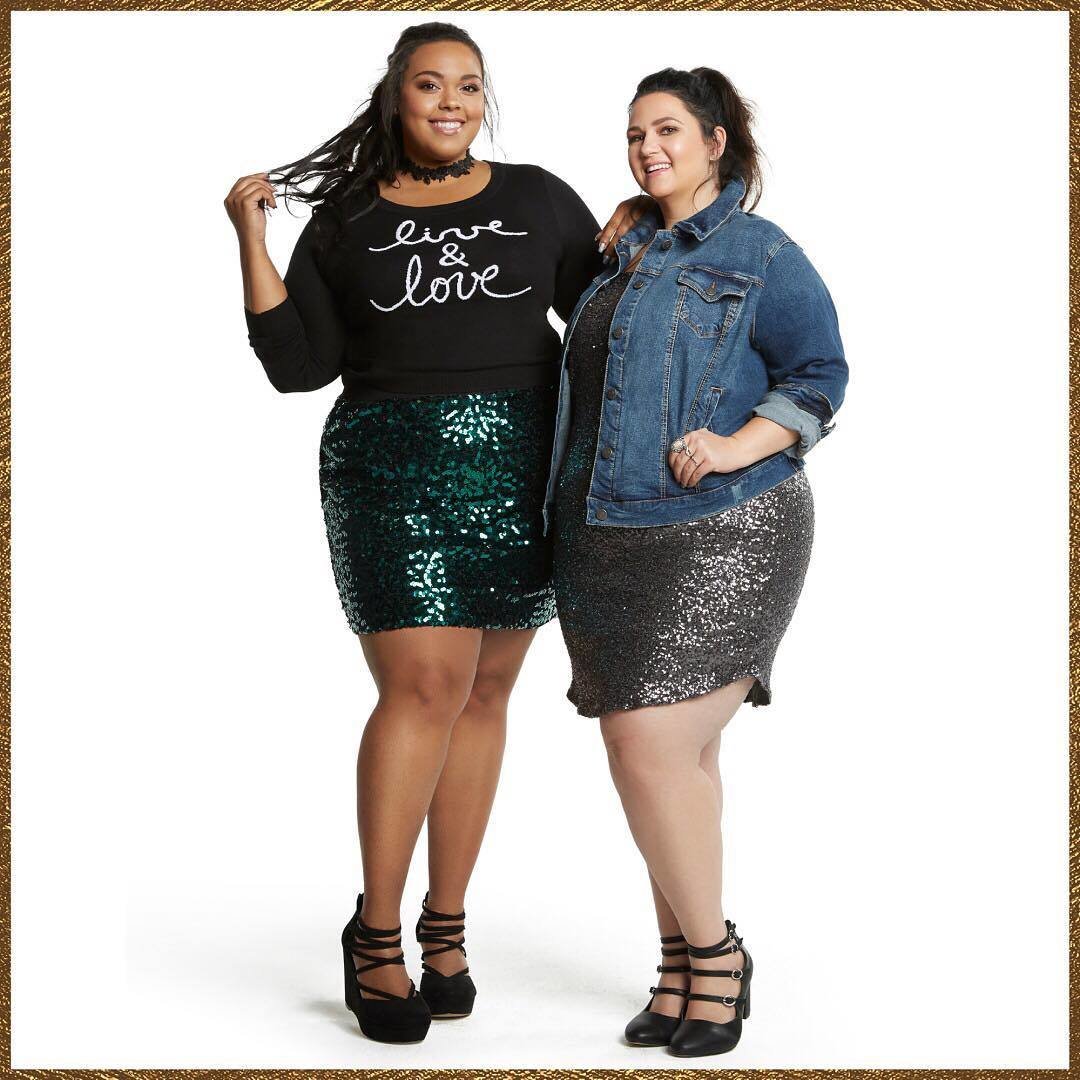
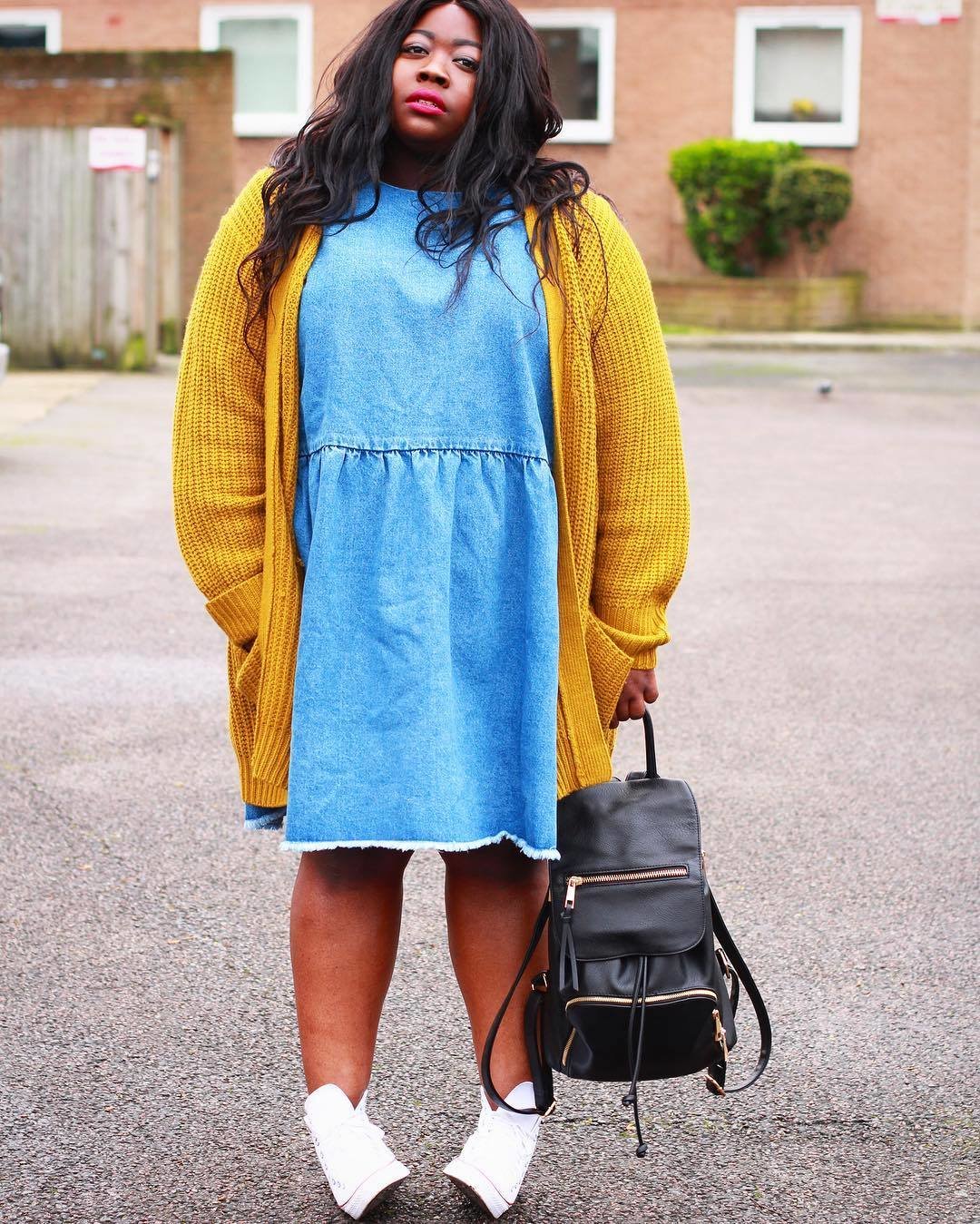
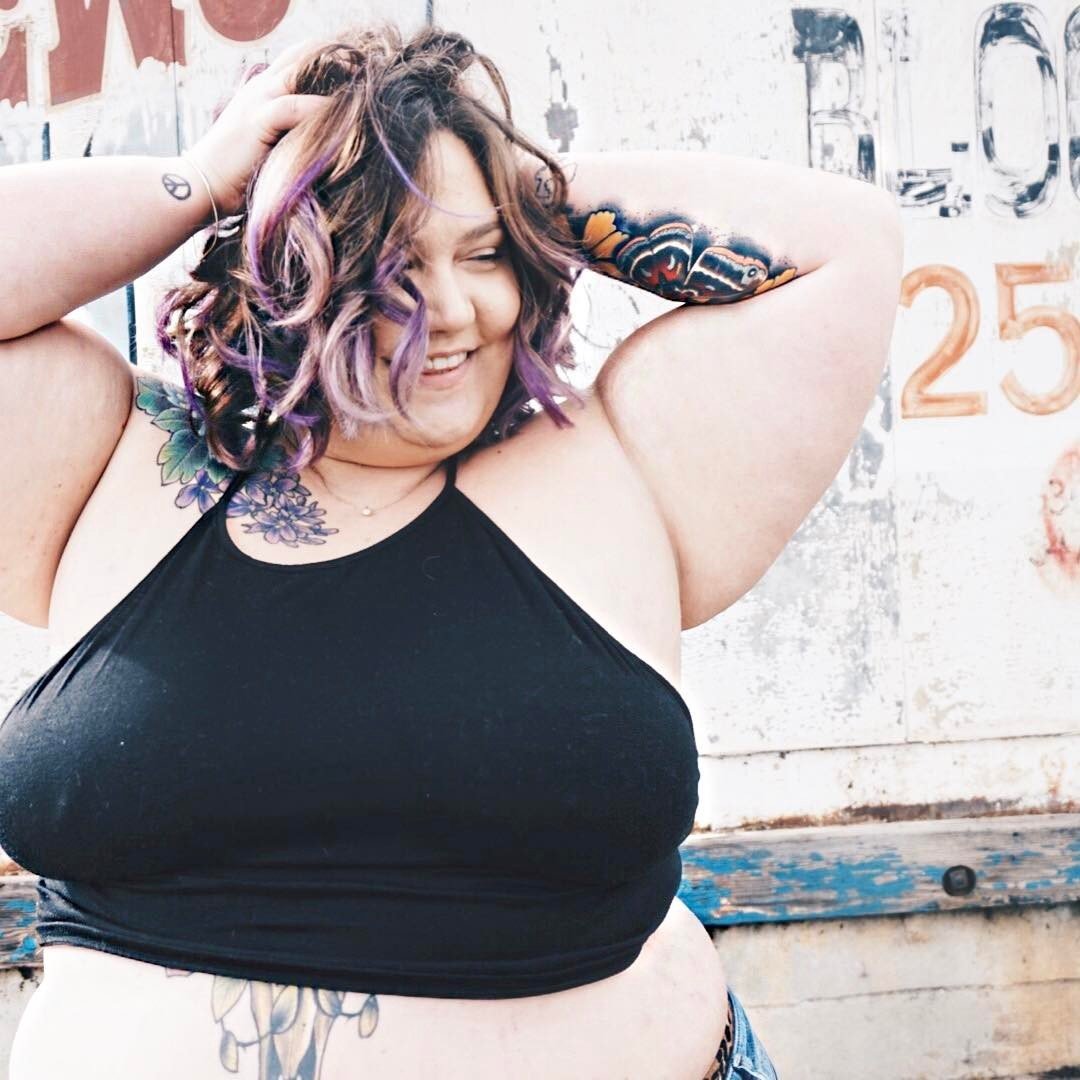

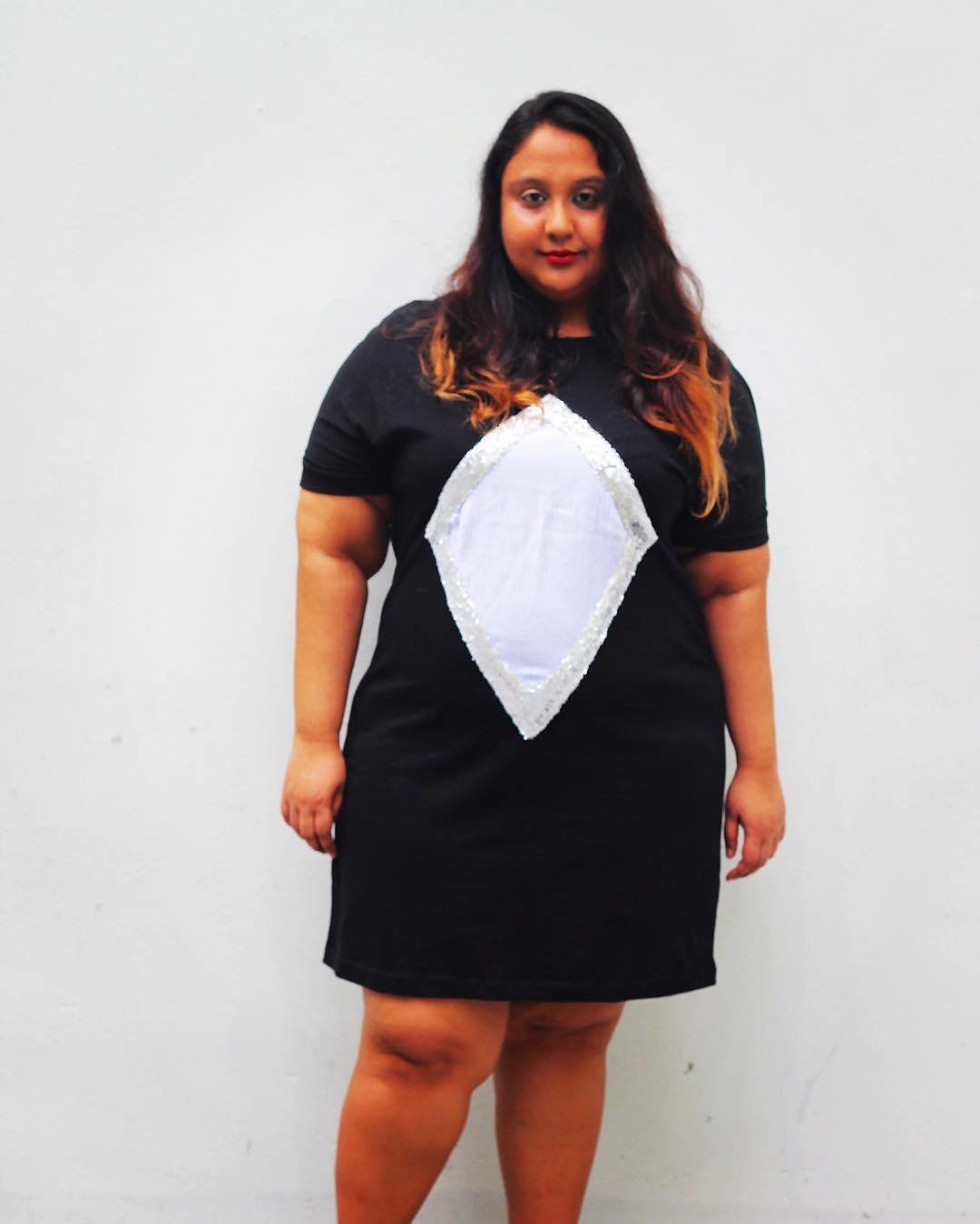
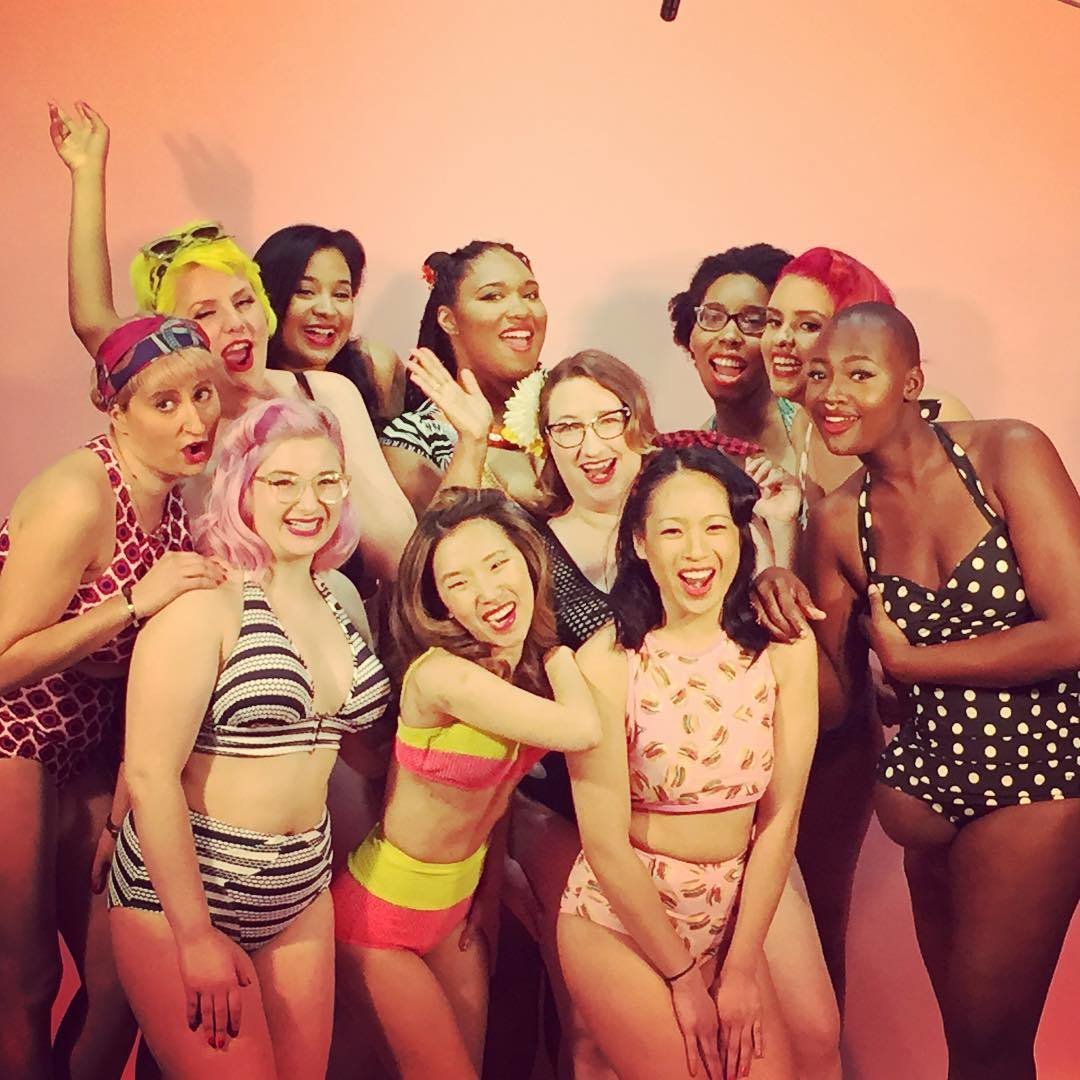

title: “Fat Activists Say Body Positivity Is Becoming Meaningless” ShowToc: true date: “2024-09-26” author: “Jeffrey Clauss”
However, for many fat acceptance writers and activists, body positivity has failed in one critical way: Fat and marginalized bodies are no longer at the center of the conversation.
It culminated in the creation of the National Association to Advance Fat Acceptance, an organization that combats size discrimination.
Size determines many life outcomes, including work promotions and wages. The Council on Size and Weight Discrimination found that plus-size workers are paid $1.25 less an hour than average-size workers, which could lead to a loss of around $100,000 over the course a career. Additionally, women of size make 6% less than thinner women, and also receive fewer raises.
However, Ospina said that the current iteration of body positivity has lost its focus.
“Mainstream media’s coverage of body positivity has had a huge focus on fashion, I think,” she said. “In some ways, the activism feels reduced to bettering clothing options for plus bodies. It’s a noble and important goal. But the activism was always supposed to be about more than that.”
“For a movement that claims to be diverse, it seems to focus more on the exposure of conventially attractive ‘small-fat/chubby’ white women,” Yeboah said.
Corissa Enneking, a fat acceptance blogger, agrees. She said body positivity has lost its edge and its focus.
“As the movement has grown in popularity, the voices and values within it have changed to reflect a less radical and progressive view of bodies, and fat acceptance is not longer a huge part of it,” she said.
Yeboah agrees. She said that body positivity is far too mainstream to be reclaimed. That’s why she’s chosen to ditch body positivity in favor of fat positivity.
“I personally feel that the body positivity movement is too far gone and too mainstream to be reclaimed, so using #FatPositivity hashtags using the words ‘fat’ as opposed to ‘body’ when talking about positivity seems to be the way to go,” she said.
“I don’t really think mainstream ‘body positivity’ is a tagline associated with activism at all. The idea of ‘all bodies are good bodies’ is at the core of it. Which, obviously, all bodies are good bodies! But the focus is no longer on the people who need it most: On the ones that society, by and large, does not treat as good.”
To fix this, Your Fat Friend said that focusing the movement back on those who have “borne the brunt of broad negative attitudes,” like people with disabilities, fat people, trans people, and people of color, is important. It also requires removing the focus from the concept of fat-shaming, according to Your Fat Friend:
“Fat people are hired less, paid less, have poorer access to medical care, are intensely ostracized in all forms of media,” Ruttler said. “We need to specifically name the stigma and hatred that puts us in that position, not have it erased by thin women who want a piece of the action without having to deal with any of the stigma.”
That’s what fat activists are often fighting for, according to Your Fat Friend, a fat acceptance writer.
“Policy changes are absolutely a concern for fat activists,” they said. “In the vast majority of the US, it is perfectly legal to deny someone a job or a place to live because they are fat. Some doctors set weight limits on the patients they will agree to treat. Airlines can refuse to seat us, even as they continue to reduce the size of their seats.”
Your Fat Friend is right: Currently, Michigan is the only state that prohibits discrimination on the basis of weight or size. Expanding those legal protections matter to fat acceptance activists.
“I’m constantly saddened by the watered down nature of mainstream body politics, but I refuse to stop using the term ‘body positive’ because I don’t want fat bodies to be on the fringe of this movement,” she said. “Fat acceptance is inherent to body positivity and I won’t let people forget that.








title: “Fat Activists Say Body Positivity Is Becoming Meaningless” ShowToc: true date: “2024-09-19” author: “Joseph Black”
However, for many fat acceptance writers and activists, body positivity has failed in one critical way: Fat and marginalized bodies are no longer at the center of the conversation.
It culminated in the creation of the National Association to Advance Fat Acceptance, an organization that combats size discrimination.
Size determines many life outcomes, including work promotions and wages. The Council on Size and Weight Discrimination found that plus-size workers are paid $1.25 less an hour than average-size workers, which could lead to a loss of around $100,000 over the course a career. Additionally, women of size make 6% less than thinner women, and also receive fewer raises.
However, Ospina said that the current iteration of body positivity has lost its focus.
“Mainstream media’s coverage of body positivity has had a huge focus on fashion, I think,” she said. “In some ways, the activism feels reduced to bettering clothing options for plus bodies. It’s a noble and important goal. But the activism was always supposed to be about more than that.”
“For a movement that claims to be diverse, it seems to focus more on the exposure of conventially attractive ‘small-fat/chubby’ white women,” Yeboah said.
Corissa Enneking, a fat acceptance blogger, agrees. She said body positivity has lost its edge and its focus.
“As the movement has grown in popularity, the voices and values within it have changed to reflect a less radical and progressive view of bodies, and fat acceptance is not longer a huge part of it,” she said.
Yeboah agrees. She said that body positivity is far too mainstream to be reclaimed. That’s why she’s chosen to ditch body positivity in favor of fat positivity.
“I personally feel that the body positivity movement is too far gone and too mainstream to be reclaimed, so using #FatPositivity hashtags using the words ‘fat’ as opposed to ‘body’ when talking about positivity seems to be the way to go,” she said.
“I don’t really think mainstream ‘body positivity’ is a tagline associated with activism at all. The idea of ‘all bodies are good bodies’ is at the core of it. Which, obviously, all bodies are good bodies! But the focus is no longer on the people who need it most: On the ones that society, by and large, does not treat as good.”
To fix this, Your Fat Friend said that focusing the movement back on those who have “borne the brunt of broad negative attitudes,” like people with disabilities, fat people, trans people, and people of color, is important. It also requires removing the focus from the concept of fat-shaming, according to Your Fat Friend:
“Fat people are hired less, paid less, have poorer access to medical care, are intensely ostracized in all forms of media,” Ruttler said. “We need to specifically name the stigma and hatred that puts us in that position, not have it erased by thin women who want a piece of the action without having to deal with any of the stigma.”
That’s what fat activists are often fighting for, according to Your Fat Friend, a fat acceptance writer.
“Policy changes are absolutely a concern for fat activists,” they said. “In the vast majority of the US, it is perfectly legal to deny someone a job or a place to live because they are fat. Some doctors set weight limits on the patients they will agree to treat. Airlines can refuse to seat us, even as they continue to reduce the size of their seats.”
Your Fat Friend is right: Currently, Michigan is the only state that prohibits discrimination on the basis of weight or size. Expanding those legal protections matter to fat acceptance activists.
“I’m constantly saddened by the watered down nature of mainstream body politics, but I refuse to stop using the term ‘body positive’ because I don’t want fat bodies to be on the fringe of this movement,” she said. “Fat acceptance is inherent to body positivity and I won’t let people forget that.







